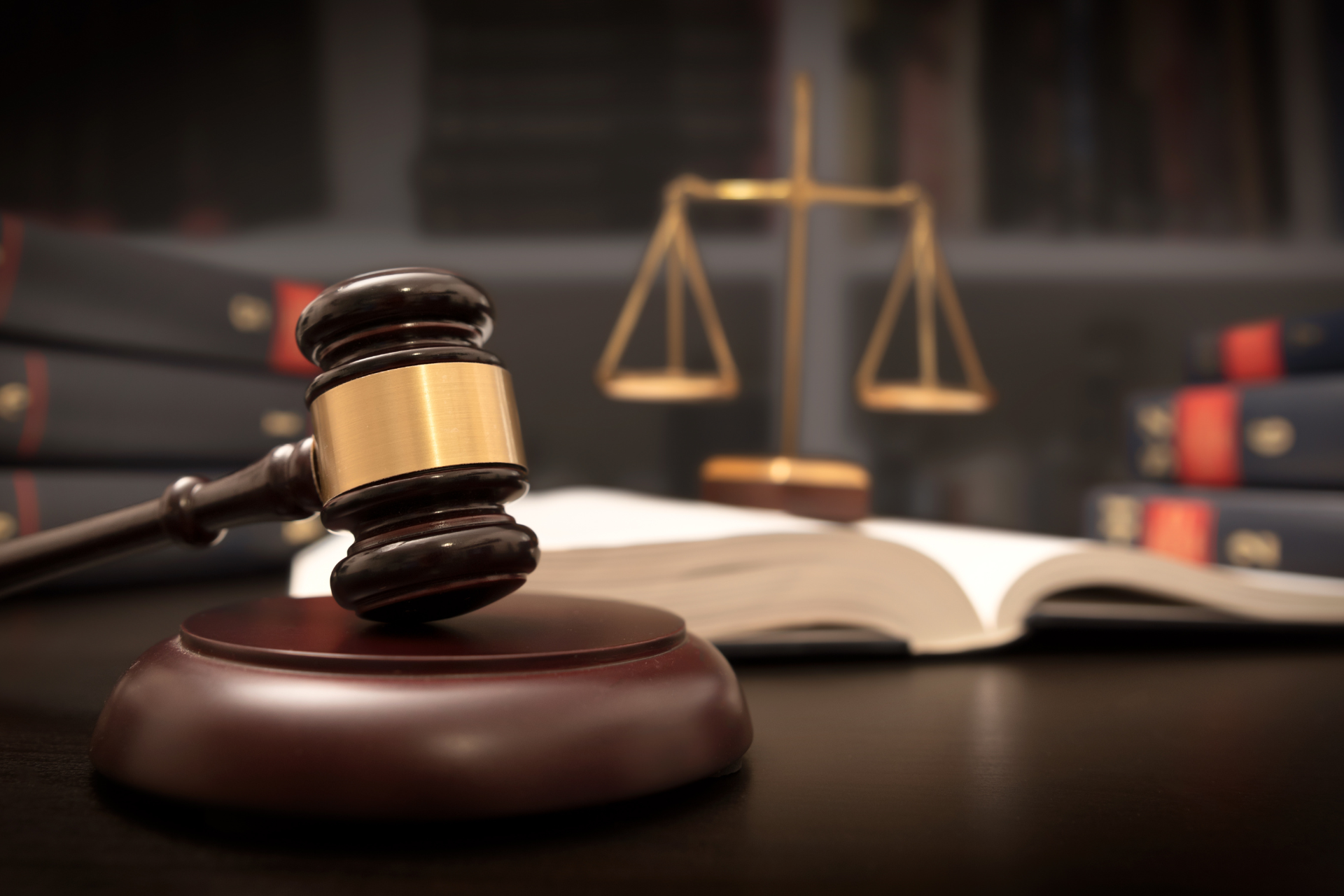
Understanding the General Stages of Criminal Litigation
Navigating the criminal justice system can feel overwhelming, especially if it's unfamiliar territory. Understanding the stages involved in a criminal case can be incredibly valuable, and I hope this information provides you with clarity and confidence should the situation ever arise.
Below are the critical stages in the criminal litigation process, explained in detail to help you feel more confident and prepared:
Arrest
The criminal process often begins with an arrest, initiated either by police responding to an incident, during a traffic stop, or following an investigation. In some situations, an arrest warrant is required. It's important to know that during an arrest, you should avoid admitting fault and exercise your right to remain silent until you have legal representation.
Bail
After an arrest, bail may be set, allowing the defendant to be released from custody if they can pay the amount determined by the judge. This decision is based on factors like the seriousness of the crime and whether the defendant is likely to return for future court proceedings. Some individuals may be released on their own recognizance without paying bail, especially if they are deemed not to be a flight risk. Depending on the severity of the crime, a Bail Detention Hearing maybe scheduled pending the release from jail.
Indictment or Information
Charges may be brought through an "information" or "complaint" by the prosecutor or through a grand jury indictment. In federal cases, an indictment is mandatory. Preliminary hearings may take place to assess whether there is enough probable cause to proceed. This stage helps determine whether the case is strong enough to go to trial.
Arraignment
The arraignment is the defendant's first court appearance, where the charges are formally read, and the defendant can plead guilty, not guilty, or no contest. Future court dates are scheduled during this stage. It's crucial to attend all court dates to avoid additional charges or penalties.
Preliminary Hearings and Pre-Trial Motions
Before the trial begins, both sides prepare their cases, with potential plea negotiations happening. Pre-trial motions may be filed, such as motions to suppress evidence obtained in violation of the defendant's rights. This stage involves a lot of behind-the-scenes work, including gathering evidence and witness testimony.
Trial
The trial phase allows the defendant to present their defense either before a jury or solely before a judge in a bench trial. The prosecution presents its case first, followed by the defense. After all evidence and arguments are made, the judge or jury deliberates to reach a verdict. If the jury cannot reach a decision, the case may be retried, depending on the jurisdiction.
Sentencing
If the defendant is found guilty, the court proceeds to sentencing, which follows legal guidelines that determine the range of possible punishments. A separate hearing may be held to consider factors for a more lenient or harsher sentence. It's essential to understand the potential consequences to prepare for this stage.
Appeal
After conviction, the defendant has the right to appeal, challenging the trial's outcome due to specific errors. The appellate court may affirm the verdict, reverse it, or remand the case for a new trial. Understanding the grounds for an appeal can be helpful in deciding whether to pursue this option.
Understanding these stages can provide a sense of preparedness and clarity. While the criminal process can be daunting, knowing what to expect at each step can significantly alleviate some of the stress. If you or someone you know is facing criminal charges, it's crucial to seek legal advice to navigate the complexities of your case effectively.
If you need more information or have any questions, don't hesitate to contact a legal professional or schedule a consultation to ensure you are fully prepared for the road ahead.
